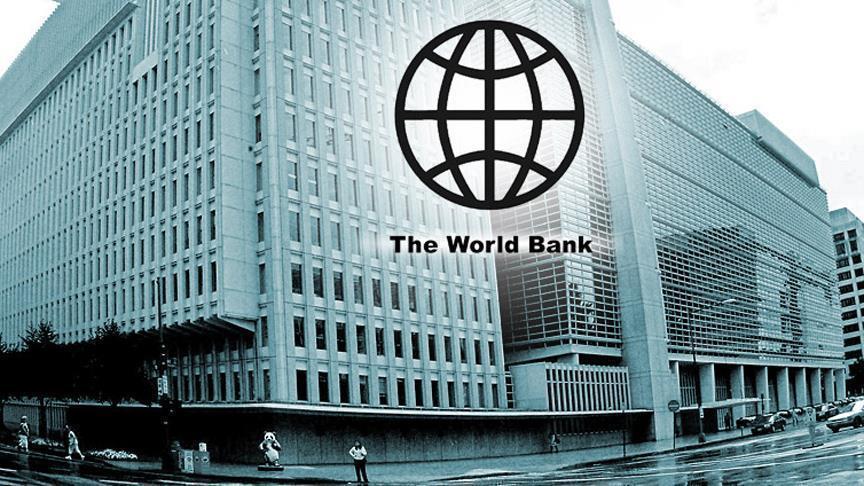Africa-Press – Tanzania. THE World Bank recently estimated that the value of food and agricultural markets in Africa may rise to US$1 trillion a year by 2030.
But, on current trends, spending on food imports in the continent will triple by 2022, which pose the question: Will African farmers tap into this huge market or will the continent simply continue to be a net food-importing region? To take advantage of the fast-growing regional agricultural markets, African countries must invest in modernising their agricultural sectors, as pointed out by Akinwumi Adesina, president of the African Development Bank in 2016, while recognizing that the involvement of central banks is crucial in this process.
Bringing this concept home, Tanzania blessed with vast fertile arable land and climate, let alone peace the nationals are enjoying, must exploit the chance and focus much on crops’ cultivations.
This is the time for our farmers to grow especially food crops to feed countries still observing lockdown polices as a result of the pandemic disease.
Tanzanians should thank the government for being strong that the ‘preached lockdown’ would not only be the medicine to tame the scourge, instead it would cause more suffering than the disease to the citizens.
This leaves our farmers with a room to cultivate a lot of food crops as earlier proposed at 4th AFRACA (African Rural and Agricultural Credit Association) Central Banks Forum 2016, 13-14 October 2016 in Ghana, where around 150 African central bankers and agricultural sector stakeholders gathered to agree on a radical new direction for banks to be involved in agricultural finance.
Further bringing the observation home, as earlier proposed by the Deputy Minister for Agriculture, Hussein Bashe, it is the financial institutions as stakeholders to support the farmers, because alone the farmers can not make it.
This is because cash flows and savings in rural areas for the majority of households are small, and many rural households typically tend to rely on credit for other consumption needs like education, food, housing, household functions, leaving them with a thin margin to invest in their farms or fall in the traditional moneylenders’ debt-traps.
Once they are fully supported by financial institutions including being offered training and education on how to use/spend loans in their activities, generally their economies would be boosted and raise equally the country’s Gross Domestic Product (GDP).
Because hunger can not wait, this is the time for our farmers to start preparing for the looming long rains so that our country has enough and surplus food to sell.







